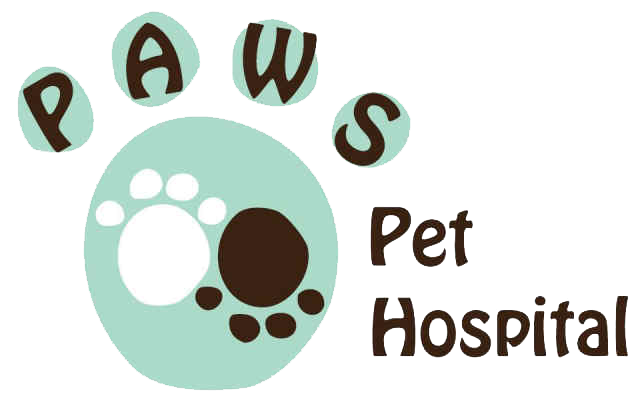Library
-
Polyfolliculosis is a condition in which several feathers grow out of one feather follicle. These feathers may be irritating, causing the bird to pick at them or pluck them out. There is no specific treatment for this condition.
-
Polymyxin B/miconazole/prednisolone otic (brand name Surolan), is a combination antibacterial (polymyxin B), antifungal (miconazole), and anti-inflammatory steroid (prednisolone) ear drop medication. It is used to treat ear infections in cats and dogs. It is used “off label” or “extra-label” in species other than cats and dogs and to treat conditions other than ear infections. Polymyxin B/miconazole/prednisolone otic comes in an otic suspension form.
-
Avian polyomavirus infection (APV) can cause benign feather lesions in budgies, slow crop emptying in newly weaned parrots, hemorrhages on the skin, or acute death. Clinical signs, diagnostic testing, and preventive measures are explained in this handout.
-
Polysulfated glycosaminoglycan is an injectable disease-modifying osteoarthritis drug (DMOAD) used to treat non-infectious and traumatic arthritis in dogs. It is also used off-label in cats and small mammals. If administering this medication at home, follow your veterinarian’s instructions and dispose of the needle and syringe appropriately. Side effects are rare when given according to label recommendations and at prescribed intervals. Do not use this medication in pets with a known hypersensitivity to it, in pets with known or suspected bleeding disorders or immune-mediated arthritis, or in pets with severe kidney or liver disorders.
-
Ponazuril is given by mouth and is used on and off label to treat protozoal parasites in several animal species. Side effects are uncommon but may include soft stools.
-
Porcupine quills can puncture the skin and move through muscle, ultimately penetrating into body cavities and internal organs. They contain barbs like fishhooks and tend to migrate inwards instead of being expelled. Do not cut quills or attempt to remove the quills yourself. Seek immediate veterinary care if your dog is quilled. Sedation or anesthesia is required to remove quills safely.
-
A portosystemic shunt causes a bypass of blood from the gastrointestinal tract directly into the systemic circulation, avoiding the normal detoxifying process that happens in the liver and reducing nutrient input into the liver. Liver shunts can be congenital or acquired. Signs, treatment, and prognosis are discussed.
-
Guarding desired items can be a normal behavior in dogs, but when it escalates, the safety of both people and animals is compromised. Exercises to prevent and reverse guarding behavior can be beneficial to any dog. Professional guidance is needed for any dog who repeatedly conflicts with people or pets because of guarding behavior.
-
When your cat comes home after an operation, special care must be taken to ensure he remains indoors with restricted activity and cannot lick or chew at his incision site. Monitor your cat for abnormal signs and contact your veterinarian if any are observed.
-
Special care must be taken when your dog comes home after an operation to ensure the incision area stays clean and dry and heals properly. Some signs are cause for concern, and if observed, call your veterinarian right away.

